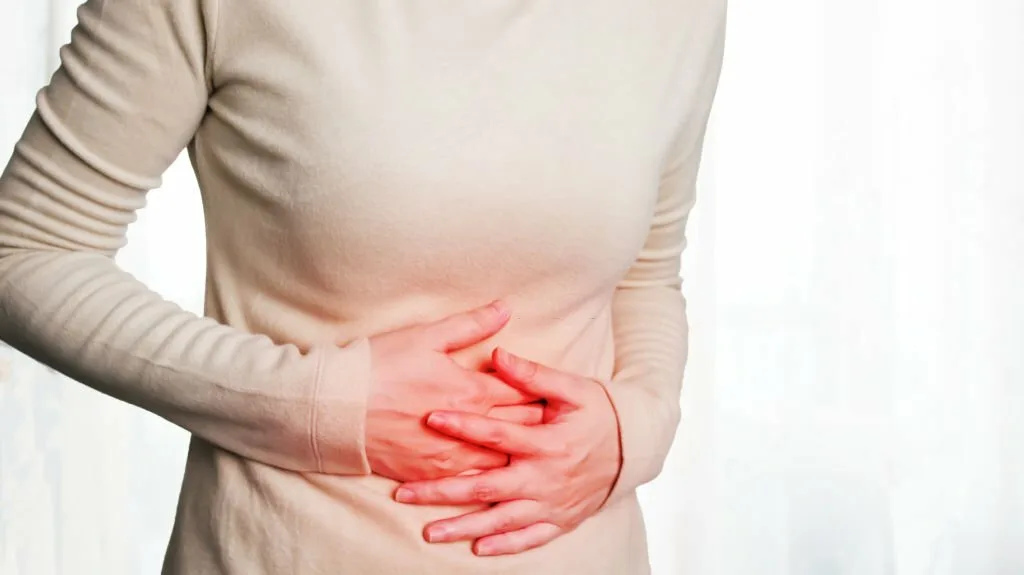Bloating is a common digestive problem that can cause the abdomen to feel full, tight, and uncomfortable. It can be caused by a variety of factors, including eating certain foods, swallowing air, and irritable bowel syndrome (IBS).
While there is no one-size-fits-all solution for preventing bloating, avoiding certain foods can help to reduce symptoms. Here are some of the most common foods that can cause bloating, and what to eat instead:
Cruciferous vegetables
Cruciferous vegetables, such as broccoli, cauliflower, cabbage, and Brussels sprouts, are packed with nutrients, but they can also cause bloating in some people. This is because they contain a type of sugar called raffinose, which is difficult for the body to digest.
If you find that cruciferous vegetables are causing you to bloat, there are a few things you can do to reduce the problem. First, try cooking the vegetables before eating them. This will help to break down the raffinose and make it easier to digest. You can also try eating smaller portions of cruciferous vegetables, or pairing them with other foods that are easier to digest, such as fruits and grains.
Beans and lentils
Beans and lentils are another type of food that can cause bloating. This is because they contain a type of fiber called oligosaccharides, which is also difficult for the body to digest.
If you find that beans and lentils are causing you to bloat, there are a few things you can do to reduce the problem. First, try soaking the beans and lentils for several hours before cooking them. This will help to break down the oligosaccharides and make them easier to digest. You can also try cooking the beans and lentils in a pressure cooker, which will also help to break them down.
Onions and garlic
Onions and garlic are healthy foods that can add flavor to your meals, but they can also cause bloating in some people. This is because they contain a type of sulfur compound that can produce gas in the digestive tract.
If you find that onions and garlic are causing you to bloat, there are a few things you can do to reduce the problem. First, try cooking the onions and garlic before eating them. This will help to break down the sulfur compounds and make them easier to digest. You can also try eating smaller portions of onions and garlic, or avoiding them altogether if they are a major trigger for your bloating.
Dairy products
Dairy products can also cause bloating in some people. This is because they contain lactose, a type of sugar that is difficult to digest for people with lactose intolerance.
If you find that dairy products are causing you to bloat, there are a few things you can do to reduce the problem. First, try choosing lactose-free dairy products. You can also try eating smaller portions of dairy products, or avoiding them altogether if they are a major trigger for your bloating.
Carbonated drinks
Carbonated drinks, such as soda and sparkling water, can also cause bloating. This is because the carbon dioxide bubbles in these drinks can expand in the stomach, causing it to feel full and bloated.
If you find that carbonated drinks are causing you to bloat, the best way to reduce the problem is to avoid them altogether. You can instead try drinking water, unsweetened tea, or other caffeine-free beverages.

Other foods to avoid… In addition to the foods listed above, there are a few other foods that can trigger bloating in some people. These include:
Fried foods
Sugary foods
Artificial sweeteners
Caffeine
Alcohol
If you are experiencing bloating, it is important to keep a food journal to identify which foods are triggering your symptoms. Once you know which foods are causing you to bloat, you can start to avoid them to reduce your symptoms.
Here are some additional tips for preventing bloating:
Eat slowly and chew your food thoroughly. This will help to reduce the amount of air you swallow.
Avoid eating large meals. Instead, eat smaller, more frequent meals throughout the day.
Avoid drinking through a straw.
Get regular exercise. Exercise can help to improve digestion and reduce bloating.
If you have tried all of the above tips and are still experiencing bloating, it is important to talk to your doctor. Bloating could be a sign of an underlying medical condition, such as IBS or food intolerance.




